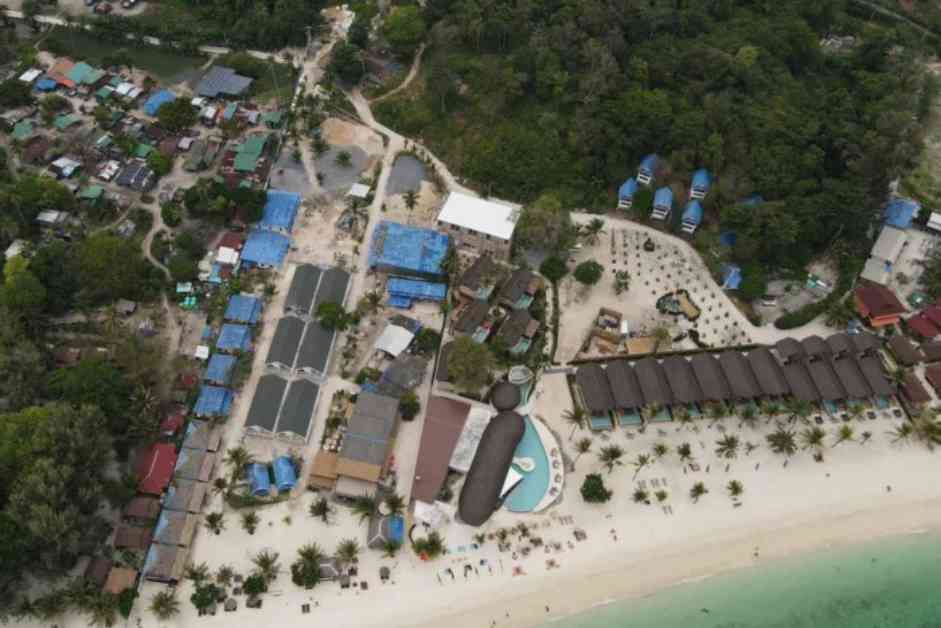A new Hotel Act expected to be passed in Thailand may pave the way for increased revenue in the tourism sector, with the possibility of reaching a whopping 3.5 trillion baht. The Tourism Ministry is gearing up to entice more unregistered hotel operators to join the system, ultimately boosting efficiency and promoting fair competition in the industry.
The tourism industry in Thailand is booming, but there’s a significant portion of unregistered accommodations that are not contributing to the country’s revenue. This informal economy, including illegal accommodation and daily lodgings listed on platforms like Airbnb, accounts for a substantial portion of the unreported revenue. By bringing these operators into the system, the government aims to bridge the gap between the reported and actual revenue figures.
Encouraging Registration for Economic Growth
Ratchaporn Poolsawadee, vice-president of the Tourism Council of Thailand, emphasizes the importance of registering more accommodations to unleash the full potential of Thailand’s tourism industry. He points out that over 85% of accommodations nationwide are not registered, despite earning significant amounts of money each month. By registering these operators, the government can collect taxes, foster fair competition, and provide access to financial incentives, ultimately driving economic growth.
Naree Suneta, president of the Hostel Thailand Association, sheds light on the concerns of small operators who are hesitant to join the registration system due to perceived high rates. She suggests that the government should educate these operators about the benefits of registration, such as favorable loan terms and participation in promotional events. By addressing these concerns, more operators can be incentivized to formalize their businesses, contributing to the overall revenue target.
Challenges and Opportunities in Specific Locations
Chinnawat Udomniyom, president of Phuket Boutique Accommodation Consortium, highlights the disparity between the number of hotels in Phuket and the actual number of licensed accommodations. While Phuket enjoys a stellar reputation among foreign tourists, many hotels are operating without the necessary licenses. To achieve the revenue target set by the Tourism Authority of Thailand’s Phuket office, there is a pressing need to bring more operators into the registration system.
The association supports the new Hotel Act designed for small and medium hotels, as it streamlines regulations and simplifies the licensing process. However, the looming deadline for applications poses a challenge, with many operators unlikely to meet the requirements in time. Additionally, the prevalence of illegal and nominee businesses, especially in the form of Chinese-owned tour companies and accommodations, poses a threat to Phuket’s tourism revenue. By cracking down on these illicit operations, the government can safeguard the economic interests of the region.
As Thailand gears up for the “Amazing Thailand Grand and Sports Year 2025” campaign, the focus is not just on attracting tourists but also on harnessing the untapped potential of the informal economy. By encouraging more operators to register their accommodations, the government can unlock hidden tourism revenue, propelling Thailand towards its ambitious revenue target. With the new Hotel Act on the horizon, the future looks promising for the tourism sector, provided that operators seize the opportunity to formalize their businesses.




















